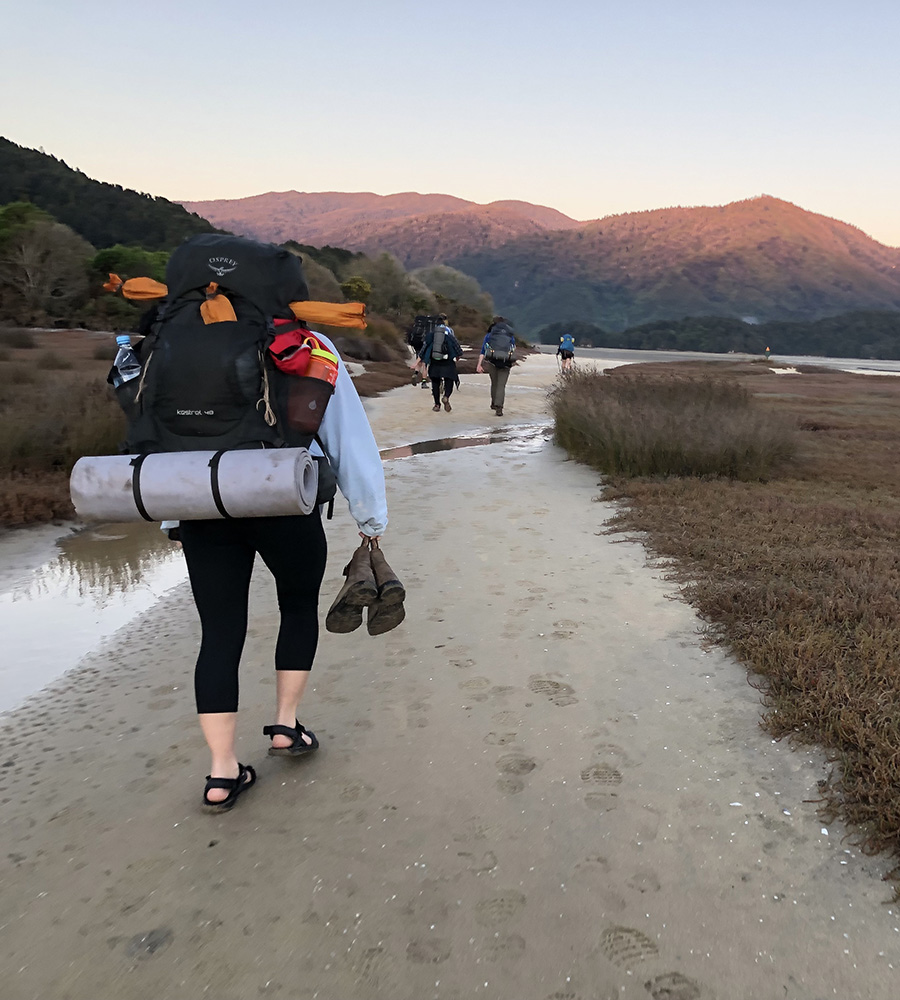Study Abroad

Travel the world. Meet new people.
Take engineering and computer science classes as part of your study abroad experience through our UR-affiliated study abroad programs! These programs specifically offer engineering and science classes to study abroad students. "Course equivalents" indicate where Hajim School students have previously taken courses that were credited as being equivalent to the Rochester courses listed. (This list is not all-inclusive and is updated regularly.)
For an idea of courses available to Hajim students, please visit the Center for Education Abroad (CEA) Pre-Approved Course Database. It is a searchable database of courses for which University of Rochester students have previously requested transfer credit. The database allows students to search for a specific course or subject area to aid in identifying a program that offers the credit you are seeking. Visit the Education Abroad Portal to view program offerings. Please keep in mind that your department may also have a list of previously approved courses for Hajim students.
Courses must be approved before you can earn transfer credit. Students will still need to submit a course approval form, signed by a University of Rochester authorized faculty member in accordance with the transfer credit policy as well as the academic department's transfer credit policy.
This database is not comprehensive. If you do not see a course listed, you can search the website of your specific program of interest.
